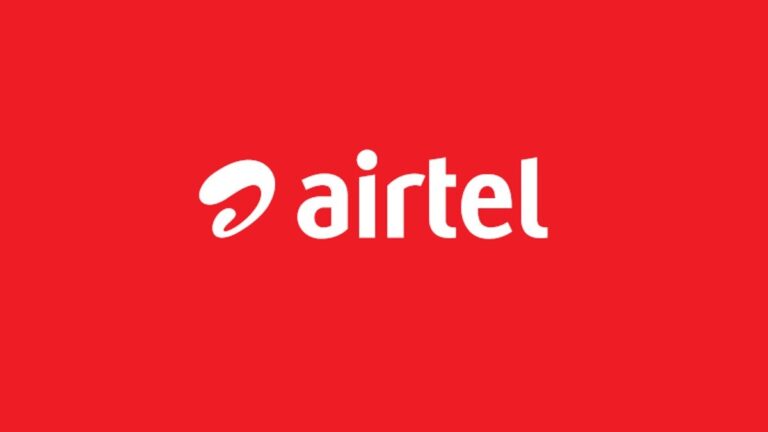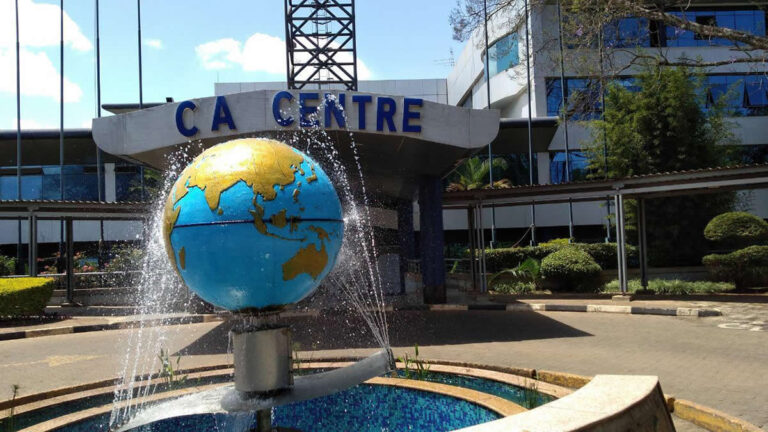Months after Safaricom suspended plans to unveil 5G network in Kenya indefinitely, the telco has finally announced its availability in the country, though only in certain areas. Subscribers with supported devices can now access faster internet speeds on the next generation of mobile network. And as expected, the telco will be expanding 5G coverage to more areas within the country, prioritizing urban centers with heavy demand for faster download and upload speeds.
Mobile penetration in the country is definitely one of the highest in the whole continental Africa, partly due to the popularity of MPESA as well as a relatively informed youthful population. The largest mobile service provider intents to upgrade networks from current 4G to 5G in more than 150 sites across the country in the next 12 months. Within these regions, Safaricom plans to asses demand for faster internet speeds with an initial target of up to 700 megabits per second before stretching it further to 1,000 Mbps.
Initial 5G coverage
As part of the initial rollout plan, the company has enabled 5G service in parts of Nairobi, Kisumu, Kisii as well as Kakamega. These areas will further increase to more than 150 locations within the next 12 months. Safaricom has been steadfast in adapting newer technologies compared to competitors who are currently only trying to catch up in the 4G atmosphere.
Speaking on the rollout, Safaricom’s Chief Executive Officer Peter Ndegwa said the development marked a major milestone in the country. Ndegwa further said that 5G network would empower subscribers with faster internet speeds at their work places, home as well as while on the move, complementing its fibre network. The CEO also noted that Safaricom was proud to be the first to bring such innovations in the country, that would empower enterprise as well as retail customers.
What you need to access 5G network in the country
As is with newer technologies, customers will need to have supported devices to enjoy faster connection speeds. In Kenya, there are a few devices that support 5G, such as Huawei Mate 30 Pro and P40, Nokia 8.3, Samsung Galaxy S21 series, Samsung Galaxy Z Fold2 and Samsung Galaxy S20 Ultra 5G. However, the telco says enterprise and home customers will be given 5G routers.
Cabinet Secretary in the ministry of Information and Technology Joe Mucheru congratulated Safaricom on its milestone for being at the forefront of innovation in the region. Mucheru further said that 5G would usher in increased internet speeds and capabilities for millions across the country, laying a strong foundation for a new generation of innovators and entrepreneurs.
Unlike 4G networks which are said to support up to 100,000 connected devices per square kilometer, 5G can hold up to 1 million devices within the same range. It therefore offers a reasonable alternative to densely populated areas. To efficiently rollout the next generation of mobile network, Safaricom settled on Nokia and Huawei to implement the technology across the country.








